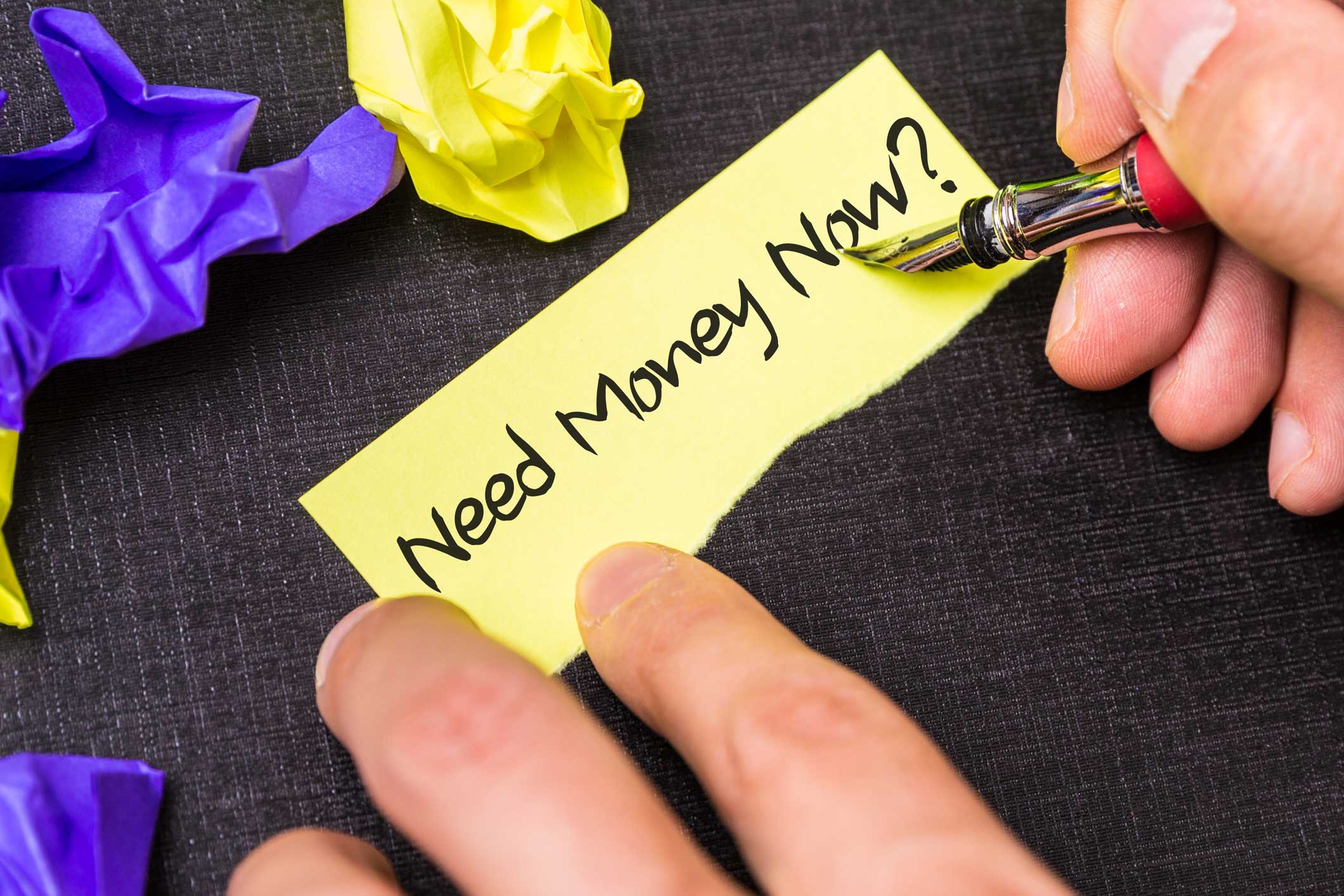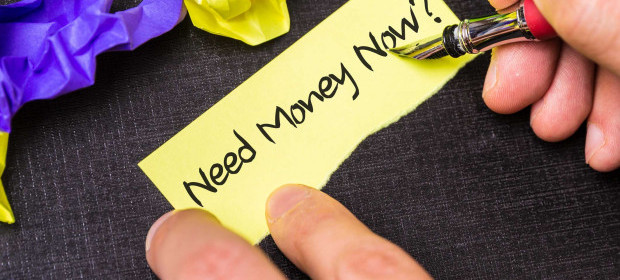It might come as a surprise, but it is possible to be approved for a loan even with a poor credit score.
When times are tough, or the debts have mounted and an unexpected bill arrives, it can be tempting to look for a quick fix cash loan to ease the stress. The catch is, cash loans to people with a poor credit report are generally a lot more expensive – either in the interest they charge, the fees attached, the penalties that can be applied, or a combination of all three.
Often the eventual cost of that loan can easily and dramatically outweigh the initial benefit.
How do bad credit loans work?
Most small cash loans are unsecured, which means that the lender is wholly relying on your ability to pay, rather than the ability to sell an asset (like your house or car) that you’ve put up as security. It means they are taking a bigger risk – one based totally on your creditworthiness.
Therefore, the lower your credit score, the bigger the risk they are potentially taking. So, to offset that risk, they charge more in interest and/or fees.
Can anyone with a poor credit history apply for a loan?
Technically yes, but that does not mean they will be approved.
Applicants with a poor credit history still have to meet certain minimum criteria. Often this is proof of regular income, and the longer someone has been employed, the better their chances of being approved.
Lenders may enquire about the reasons for having a poor credit history, as sometimes missed payments and defaults (which lead to negative entries on a credit report) can be the result of a one-off, though significant, event that no longer poses a major risk to someone’s ability to meet their loan obligations, for example having a relationship breakdown, suffering an illness or losing a job.
If it sounds like a good deal, check the fine print.
Finance companies that offer cash loans to people with a bad credit history are generally very good at making their loans sound quick, easy, and stress-free. Their websites are friendly and cheerful, and filled with smile-filled images and testimonials from ‘satisfied customers’.
The catch, however, often comes in the associated fees, charges, and penalties. For example, if you borrow $2000 over 12 months, you will end up paying back $3,360 – that is an extra $1,360 – it’s basically like paying an interest rate of 68%p.a. And if you miss any payments, the cost can quickly jump even higher.
A slower but possibly safer path.
As tempting as cash loans can be if you have got a bad credit history, a better alternative is to tackle the root-cause of the problem – the poor credit history.
If you need help to get your finances under control, a good start is to talk to a financial counsellor. Financial counselling is free, independent, and confidential.
Late payments and defaults are the main causes of negative information on your credit report. Whenever you fail to make a scheduled repayment on a loan or credit card, your credit provider is likely to notify the credit reporting agencies such as Equifax, Experian or illion. That lapse is then entered onto your credit report where it can also affect your credit score – and it stays on your record for 24 months. Although, it is important to remember that when you make your repayments on time, this is also recorded and, if you keep this up, your credit score should go up.
Making multiple applications for credit (e.g. applying for lots of loans or credit cards) also appears on your credit report.
However, when assessing your creditworthiness, most lenders will tend to place more weight on your recent credit history. So, a missed payment from over a year ago may impact an application less than, for example, a run of missed payment in the last few months.
So, by making an effort now to keep up to date with all your repayments, you should see your credit score gradually increase, and your ability to secure a more affordable loan improve.
Taking the first step.
The first thing to do is get your credit report, so you know where you stand, and how much improvement needs to be made.


